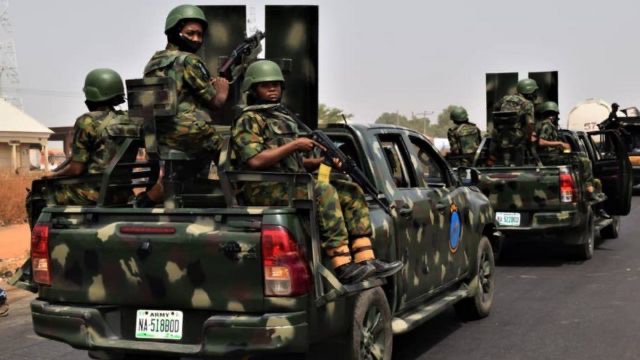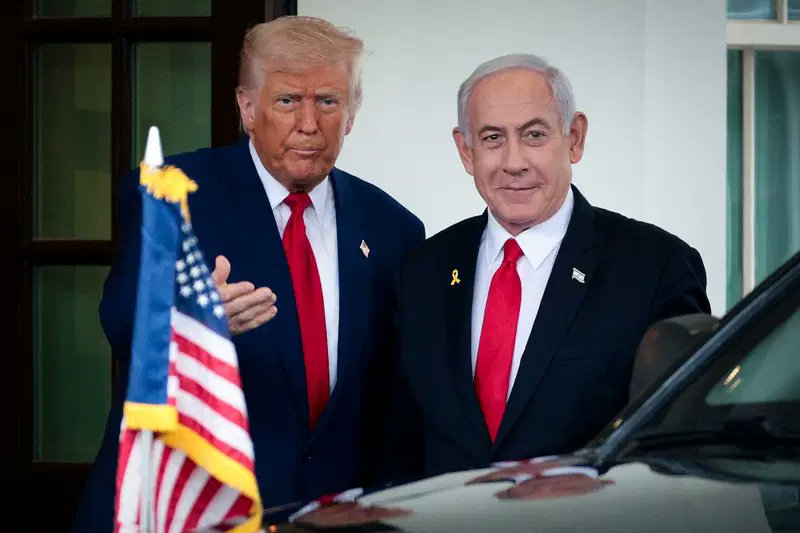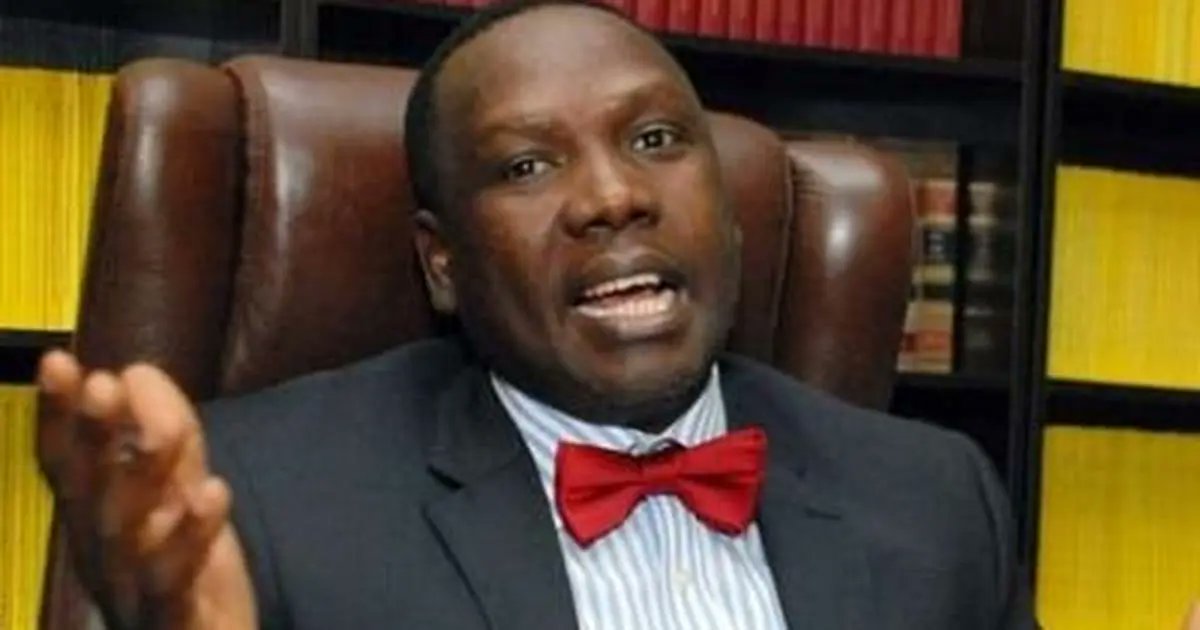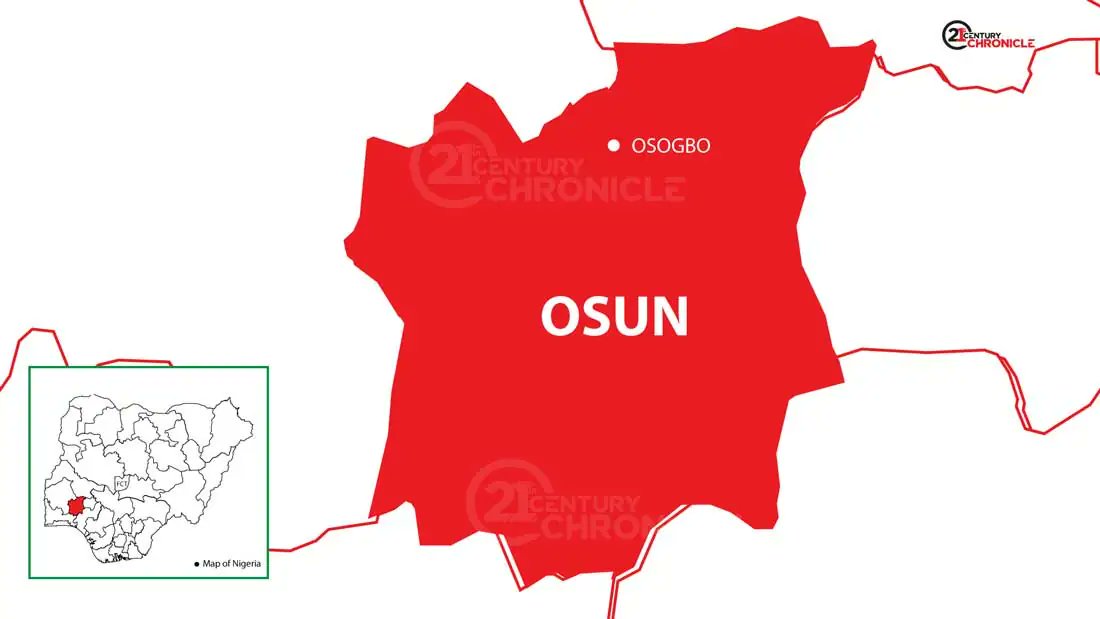
Nigeria Rises to Third Most Powerful Military in Africa in 2025 Global Rankings

In a stunning leap that has sparked pride, debate, and renewed interest in national defense strategies, Nigeria has officially been ranked as the third most powerful military force in Africa according to the newly released 2025 Global Military Strength Index by Global Firepower (GFP). The annual index, which analyzes and compares military capabilities of over 145 nations across the world, placed Nigeria behind only Egypt and Algeria on the continent, citing significant improvements in manpower, logistics, strategic planning, and combat readiness.
The report, published early Monday morning, immediately caught the attention of military analysts, political leaders, and citizens across the continent. For a country that has long struggled with domestic insurgency, political instability, and criticism of its armed forces' capabilities, this new status signals a turning point in Nigeria’s defense reputation on the global stage.
Global Firepower’s ranking system takes into account over 60 factors, including manpower, land and air systems, naval strength, fuel availability, geographical advantages, logistical flexibility, and financial strength. Nigeria's impressive showing in the 2025 report is attributed to improvements in equipment acquisition, modernization efforts within the military, consistent defense budgeting, and the restructuring of command systems that have increased operational efficiency in recent years.
According to the GFP database, Nigeria now boasts a military personnel strength exceeding 215,000, including active duty, reserves, and paramilitary forces. The country also possesses over 300 armored fighting vehicles, a growing number of fighter aircraft including newly acquired JF-17 Thunder jets, and several naval assets such as corvettes, patrol vessels, and landing crafts. Although Nigeria lacks a heavy aircraft carrier or nuclear submarines, its regional influence, strategic military bases, and anti-terror operations have positioned it as a force to be reckoned with on the continent.
Much of the credit for Nigeria's rise in ranking has been linked to recent reforms spearheaded by the Ministry of Defence and the leadership of the Armed Forces under President Bola Ahmed Tinubu’s administration. Over the last year, Nigeria has invested heavily in training programs, intelligence capabilities, and indigenous military production. The Defence Industries Corporation of Nigeria (DICON) has also ramped up its efforts in manufacturing ammunition and military hardware locally, reducing the country’s reliance on foreign arms suppliers.
Reacting to the report, Defence Minister Mohammed Badaru Abubakar stated during a press briefing in Abuja that the ranking is a testament to the resilience, discipline, and commitment of the Nigerian Armed Forces. “This recognition is not just symbolic, it reflects the sacrifices made by our troops and the strategic overhaul we have implemented to restore professionalism and efficiency in our military architecture,” he said.
In the Northeast region where Boko Haram and ISWAP insurgents once held sway, military operations have been more coordinated and successful over the past year, with numerous territorial gains reported. Similarly, in the Northwest, joint operations targeting bandit camps have resulted in fewer attacks on communities and increased safety for civilians. While challenges remain, analysts point to improved intelligence coordination between military branches and civil security agencies as a critical factor in these advances.
The report also highlights Nigeria's growing role in regional peacekeeping missions, especially in the Sahel and West African sub-regions. The Nigerian military has been instrumental in ECOWAS-led initiatives, including border security patrols and stabilization efforts in crisis-torn nations like Niger, Mali, and Chad. This enhanced diplomatic-military synergy has further elevated Nigeria’s defense profile across the continent.
International military partners have also taken notice. In recent months, Nigeria has signed multiple defense cooperation agreements with countries such as Turkey, China, and the United Arab Emirates. These partnerships have facilitated access to modern weaponry, surveillance technologies, and advanced training methods. Additionally, the United States and United Kingdom continue to collaborate with Nigerian forces on counterterrorism operations and maritime security, particularly in the Gulf of Guinea, which remains a critical international trade route vulnerable to piracy.
Social media exploded with reactions following the release of the report, with hashtags like #NigeriaMilitaryPower and #GFP2025Ranking trending on X (formerly Twitter). While many Nigerians expressed pride in the military’s rising status, some users questioned whether the improvements in ranking translate to security on the streets and in rural communities where kidnappings, farmer-herder conflicts, and violent crimes still pose daily threats.
A retired army colonel, John Ibezim, speaking to local news channels, welcomed the report but cautioned against complacency. “It’s a step in the right direction, but power must be matched with performance. We still need to improve welfare for soldiers, invest in advanced warfare technologies, and close intelligence gaps. Rankings are important, but results on the ground matter more,” he emphasized.
In Lagos, Abuja, and other major cities, the mood was a mixture of celebration and critical reflection. Several think tanks and security analysts called for the military to seize the momentum to drive deeper reforms and extend operational successes across all six geopolitical zones. Civil society groups also urged greater transparency in defense spending and called for stronger civilian oversight to ensure that military power is used responsibly.
The 2025 Global Firepower report places Egypt at number one in Africa, followed by Algeria, with South Africa dropping to fourth place, and Ethiopia rounding out the top five. Globally, the United States, China, and Russia retained the top three spots respectively, while Nigeria climbed several places on the world ranking to 35th position out of 145 nations — its highest ever.
As the continent grapples with growing security threats ranging from terrorism to resource-driven conflicts, Nigeria’s emergence as a top-tier military power sends a strong message about its regional influence and future aspirations. Whether this recognition will mark the beginning of a more secure and strategically dominant Nigeria remains to be seen, but for now, the ranking serves as both a milestone and a challenge for the nation’s armed forces to live up to their new status.
In a country where national pride often battles with socioeconomic realities, the 2025 military ranking provides a rare moment of collective celebration — a sign that, despite the odds, Nigeria is steadily asserting itself as a continental powerhouse not only in population and economy but now, undeniably, in military might.


